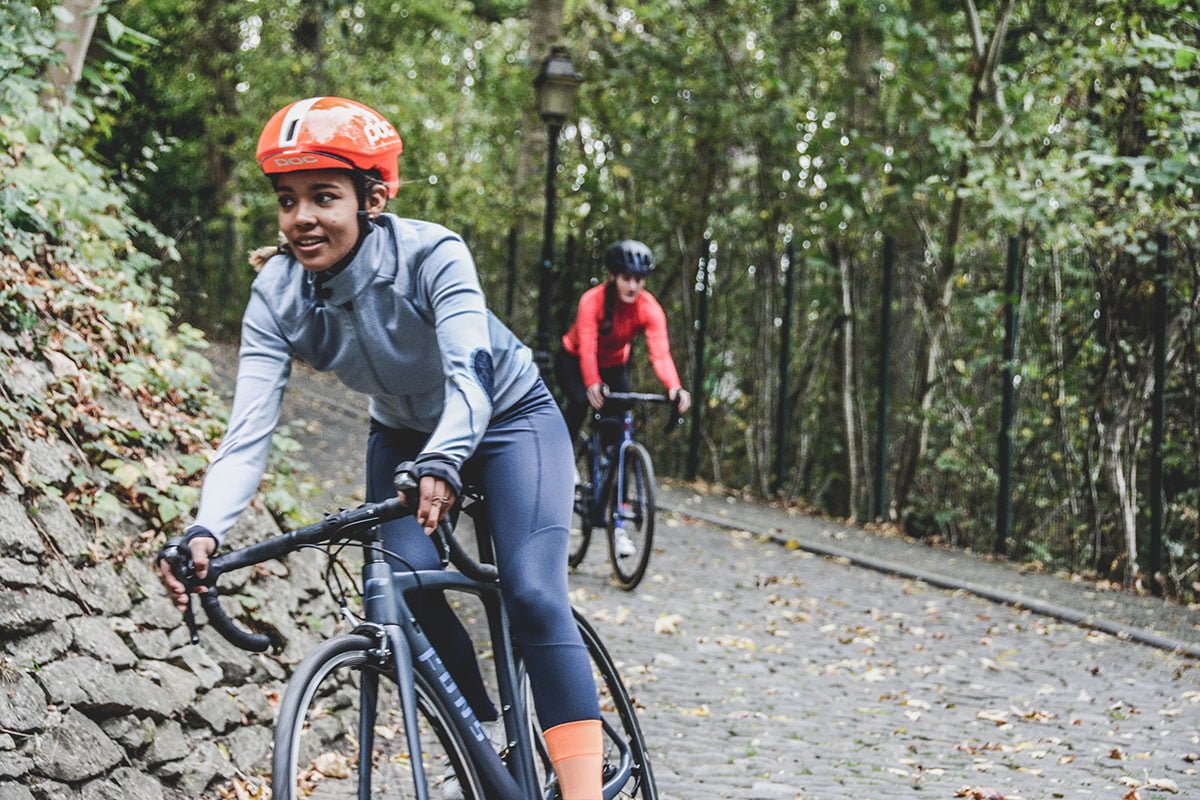In the aspirational land of luxury labels – a realm where heritage matters and craftsmanship reigns, authenticity has always been the ultimate currency. But, in an age of digital marketplaces and viral microtrends, the line between designer and dube has blurred. And, discerning style devotees are starting to feel the strain.
Enter Verity AI, a sleek, image-based authentication platform that promises to restore what the fashion world holds most sacred: trust. Lauren Kennedy and Brooke Marks – the savvy, stylish duo behind cult resale platform High End – can claim responsibility for creating a designer revolution, dressed in code, with a 98% strike rate and zero need for clunky hardware.
It’s also exactly what the modern luxury consumer has been waiting for.
Because the secret to being stylish no longer lies in sparkly accessories. Today’s luxury lover wants to do more than simply buy into a brand. They want to support designers, shop sustainably, sidestep fast fashion, and still indulge in their love of archival Dior or that elusive Zimmermann sundress. But, navigating the resale world – where fakes flourish and fraud runs rampant – is enough to make even the most seasoned shopper think twice.
Verity AI make second thoughts about second hand obsolete
Unlike traditional authentication services – costly, slow, and typically reserved for ultra-luxury brands – Verity was built for scalability and speed. With nothing more than a few smartphone snapshots, it can deliver near-instant verdicts on whether an item is real or replica. A decade of resale data and Kennedy’s background in data science and fraud prevention at Macquarie Bank power this forensic fashion at your fingertips.
And, while its debut has been within High End’s chic community of 135,000 resale aficionados, Verity is going mainstream. With API access, Shopify integration, and a generous money-back guarantee, the platform is now available to everyone from boutique consignment stores to multi-brand retailers — levelling the playing field for those who care about provenance but lack the traditional tools to verify it.
For mid-market designers – think Aje, Alamais, Oroton – whose pieces are increasingly being targeted by counterfeiters, Verity offers protection and prestige. For buyers, it offers peace of mind. And for the broader industry, it delivers blueprint for a more ethical, elegant future.
Counterfeiters have turned fake fashion into a billion-dollar global issue, fuelling organised crime syndicates and contributing to environmental degradation. A recent UNDOC report outlined the very real risks behind that “too-good-to-be-true” handbag listing. And, NAB has even warned that scammers are targeting Australian fashion brands, fuelling concerns that up to 10% of online fashion listings are fake.
Yet, only 15% of resale items are currently authenticated. That’s the disconnect Verity AI is closing – swiftly, stylishly, and with support from names that matter. Including billionaire retailer Katie Page and iconic Australian label Oroton.
“The counterfeit market is growing faster than fashion itself,” says Kennedy. “Traditional authentication can’t keep up — so we built something that can. Verity makes instant verification accessible, affordable, and trustworthy.”
For a generation redefining what luxury means – not just logo but lineage, not just status but sustainability – Verity feels less like a tech platform and more like a paradigm shift.
Because when real is rare, authenticity becomes aspirational. And Verity AI is ensuring that luxury true, traceable luxury – stays that way.
So go ahead. Covet that pre-loved Jacquemus, bid on the vintage Alemais, invest in the Oroton you missed last season. With Verity AI, you’re not just buying style — you’re buying certainty. Because in 2025, fake is out of fashion. And, authenticity may just be the most aspirational label of all






